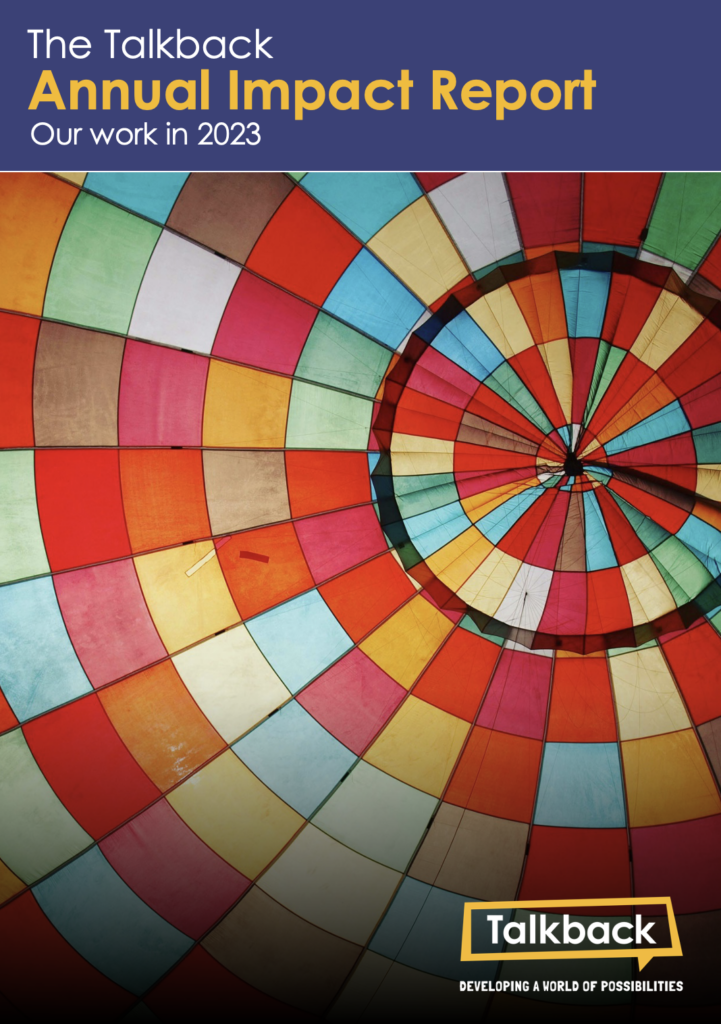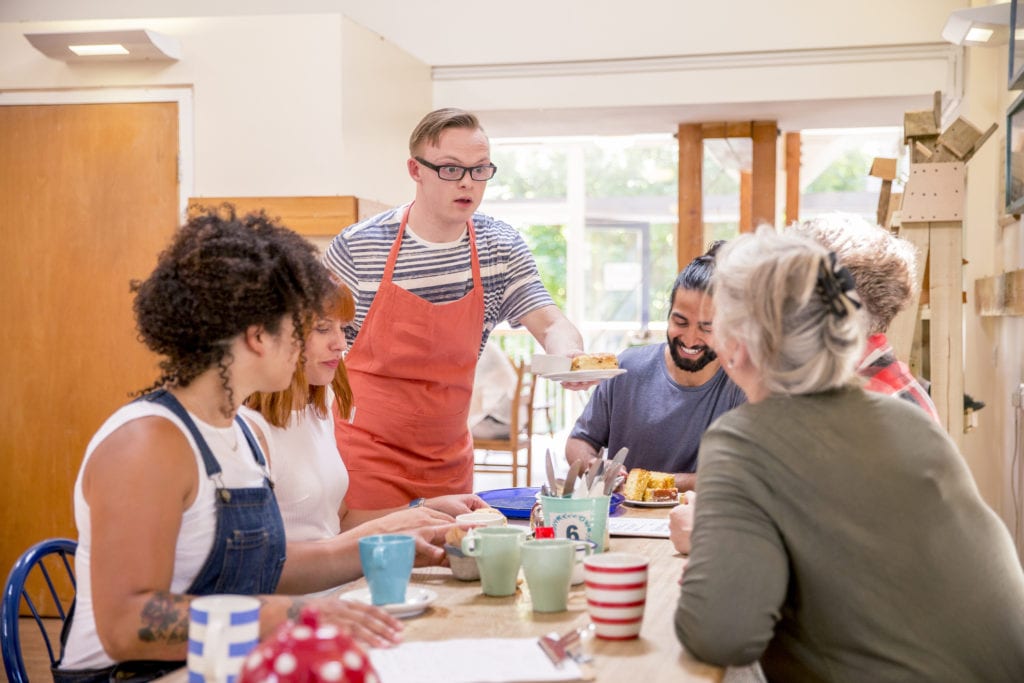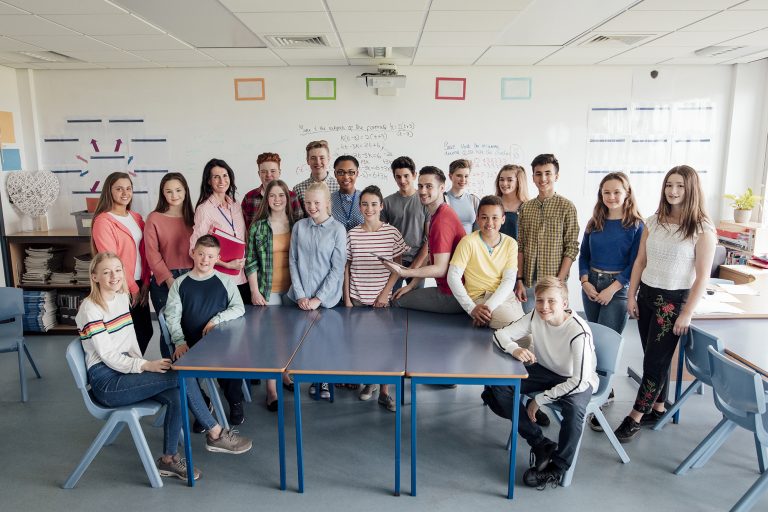In July 2021, the Government published a National All-Age Autism Strategy that covers children, young people and adults. This new strategy replaces the Think Autism strategy which was purely for adults.
Alongside the National strategy, there are also regional strategies, and a specific strategy being created by Buckinghamshire Council. The fundamental aim of the strategy is to improve the lives of autistic people and to help them be accepted in society.
Why should people give their views?
It is important to get people to engage with the survey and the workshops we are running. It is rare for autistic people to have a say on our future, and we must take the chance to do so. Not only will it improve our lives, it will also help non-autistic people know where there needs to be improvements. From an autistic person’s point of view.
With there being a national strategy, a regional strategy, and a Buckinghamshire strategy, it could also highlight the shortfalls between regions and councils. This would hopefully make it less of a postcode lottery as to how much help and support an autistic person gets.
To get more people engaged, we have created easy to use questionnaires, as well as arranged events where people can come along and give their opinions. We are also offering a one-to-one meeting for those who may find the group events too intimidating.
What are the current issues affecting autistic people?
One of the main issues I see quite often is people assuming they know and understand autism. Most of the time they have heard the term autism, or their views have been formed watching an autistic character on a television programme. I therefore believe that most of the time, people have a stereotypical view on the behaviours of an autistic person.
There is little help or support for people with sensory issues, mainly hypersensitive senses. Our problems cannot be seen; however, they prevent us from going out and socialising. It creates a lonely life and these days it is a lot harder to escape the noise of the world. More so in recent years. Because the world has unquestionably got louder.
There are many autistic people who would like employment and there are job vacancies that need filling. One of the problems is autistic people not having the qualifications or education to be able to get a job. But employers need to be shown the benefit of having an autistic person working for them.
The length of time people must wait for a diagnosis is currently too long. As well as for some people not being diagnosed until later in life. Without a diagnosis, so many of these people miss out on the help and support they need. And this makes life much harder than it needs to be.
What might change?
The hope is to change the lives of all autistic people for the better, no matter how much or how little their autism affects them. Because everyone needs help and support.
I am a firm believer in the power of understanding “lived experiences”. At Talkback I carry out training for organisations who, quite admirably, want to better understand our perspective and the benefits we can bring. For me, far too much of what has gone before is based on statistics. And, whilst they help paint a picture, peoples’ lived experiences are a far better way to really understand the entire autistic spectrum.
The plan to develop a new All-Age Buckinghamshire Autism Strategy has given me confidence that changes will be made to help all autistic people. It is also nice the voices of autistic people are being listened to, so our needs are considered.
I have enjoyed contributing towards the Autism Strategy project we are running at Talkback and look forward to seeing the results in the years to come.
So please, please have your say. You can do so here.
By Nicola Martin







